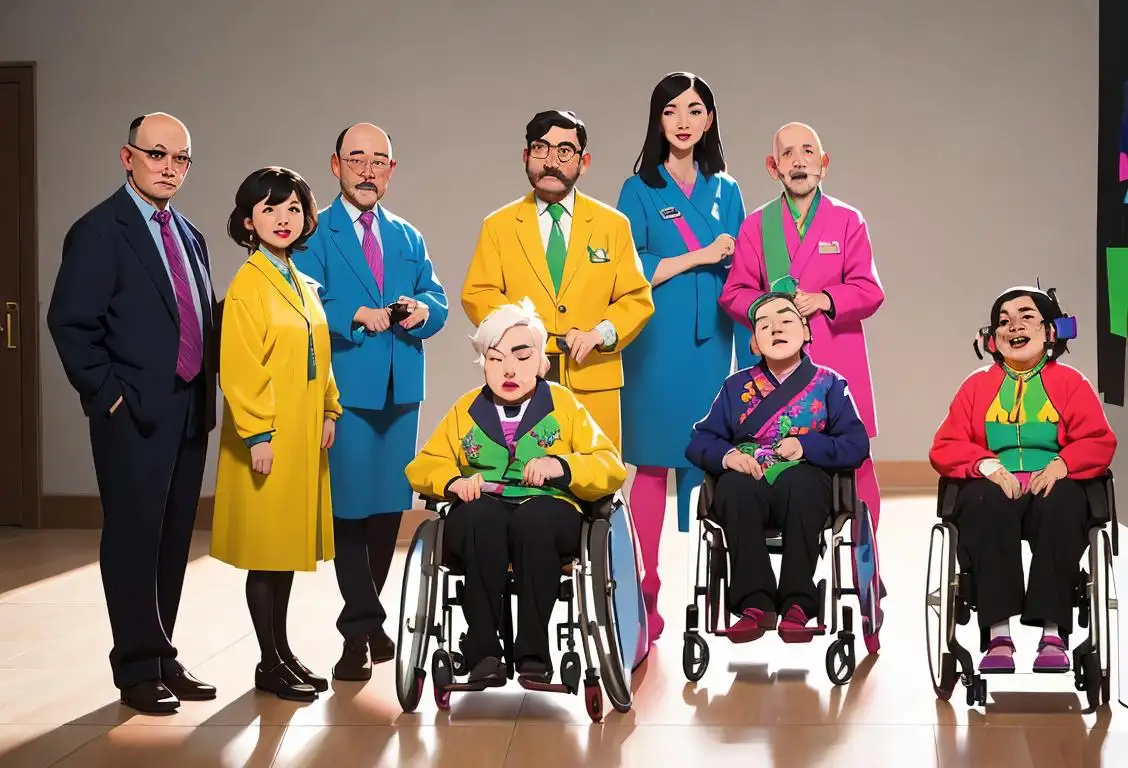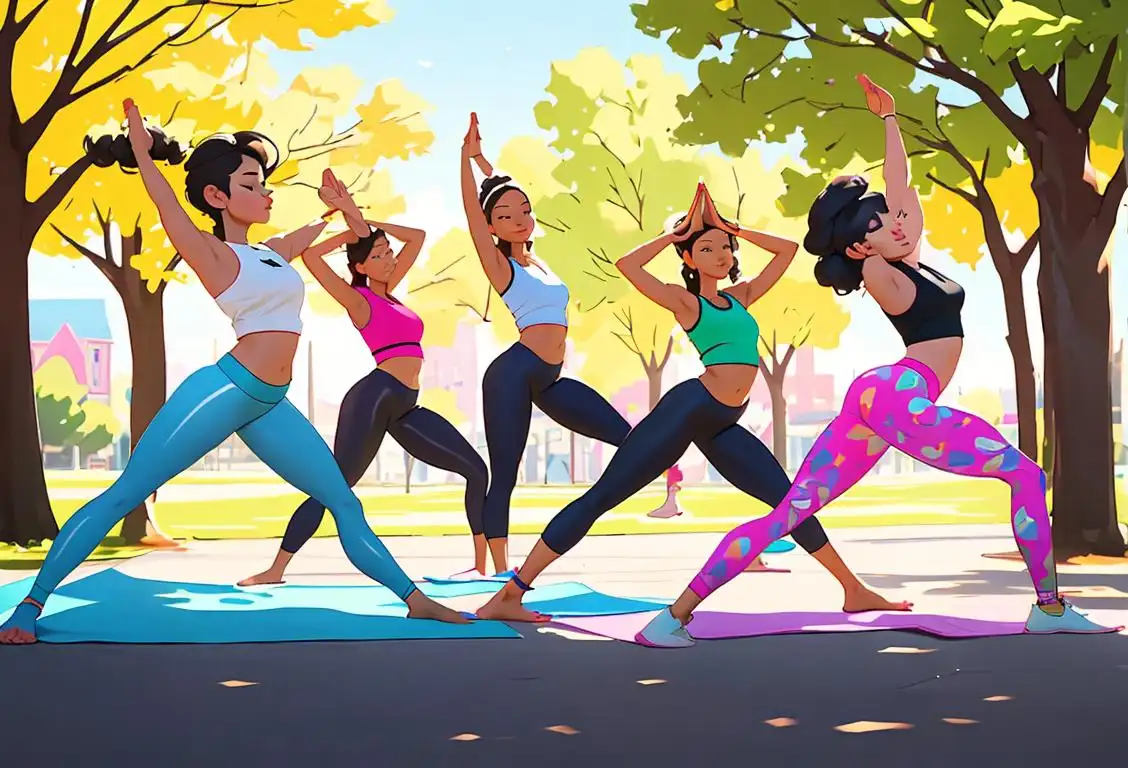National Pronouns Day

Hey there, folks! Have you heard about National Pronouns Day? It's a day dedicated to celebrating the importance of pronouns and respecting people's chosen gender identities. So, get ready to dive into the fascinating history of this internet-inspired holiday!
When is Pronouns Day?
It's national pronouns day on the 21st October.
Internet Origins of National Pronouns Day
National Pronouns Day may not have a long history, but it carries significant meaning in the world of gender inclusivity. This special day was embraced by the online community as a way to raise awareness about the importance of using correct pronouns when addressing individuals.
The internet, with its vast array of social media platforms and online spaces, has played a monumental role in spreading awareness about pronouns and challenging traditional gender norms. National Pronouns Day started gaining popularity as people sought to foster an environment where everyone's pronouns are respected and acknowledged.
Celebrating and Educating
On National Pronouns Day, individuals are encouraged to share their preferred pronouns and to engage in conversations about gender identity and inclusivity. It's a day to learn and inform others about the significance of pronouns in recognizing and validating people's gender identities.
Many organizations and educational institutions also take part in National Pronouns Day by organizing workshops, panel discussions, and awareness campaigns. These efforts aim to foster a more inclusive society where people of all gender identities feel seen, heard, and respected.
A Fun Twist - Did You Know?
Did you know that the first recorded use of third-person singular pronouns can be traced back to the Middle English period? In Chaucer's famous work, 'The Canterbury Tales,' written in the late 14th century, he utilized 'he,' 'she,' and 'it' to refer to different characters. Our pronouns have come a long way since then!
History behind the term 'Pronouns'
Late 14th century
Emergence of pronouns
During the late 14th century, the term 'pronouns' first emerged in the English language. Derived from the Latin word 'pronomen,' meaning 'in place of a noun,' pronouns were introduced as a grammatical concept to replace specific nouns. This linguistic development helped make sentences more concise and efficient by allowing speakers to refer to individuals or objects without constantly repeating their names.
18th century
Expansion of pronoun categories
In the 18th century, as the English language continued to evolve, pronouns began expanding into various categories. This expansion resulted in the creation of personal pronouns (e.g., 'he,' 'she,' 'they'), possessive pronouns ('my,' 'our,' 'yours'), reflexive pronouns ('myself,' 'ourselves,' 'yourself'), and demonstrative pronouns ('this,' 'that,' 'these'). The introduction of different pronoun categories allowed speakers to communicate more precisely and express complex ideas with ease.
Late 20th century
Recognition and use of gender-neutral pronouns
In the late 20th century, the recognition and use of gender-neutral pronouns gained traction. This development was driven by the desire to establish inclusive language that acknowledges and respects individuals who do not identify within traditional gender binary categories. Terms like 'they/them,' 'ze/zer,' and 'xe/xem' emerged as alternatives to gender-specific pronouns, aiming to create a more inclusive and respectful linguistic environment for all individuals.
21st century
Increasing awareness of pronoun diversity
In the 21st century, there has been a significant increase in awareness and understanding of pronoun diversity. Many institutions, organizations, and individuals are now actively implementing strategies to create an inclusive space for people of all gender identities. Pronoun introductions, where individuals state their preferred pronouns when introducing themselves, have become commonplace in various social and professional settings. This practice helps foster respect and avoid assumptions, contributing to a more inclusive and compassionate society.
Did you know?
Did you know that the first recorded use of third-person singular pronouns can be traced back to the Middle English period?Tagged
awareness inclusivity genderFirst identified
16th October 2019Most mentioned on
21st October 2020Total mentions
1361Other days
Pronouns Day
Coming Day
Sign Language Day
Level Job Portal For Pwds Launched To Mark Nhfdc Foundation Day
Disabilities Day
Leggings And Yoga Pants Day
Pronoun Day
Memorial Day
Heroes Day
Former Prisoner Of War Recognition Day








